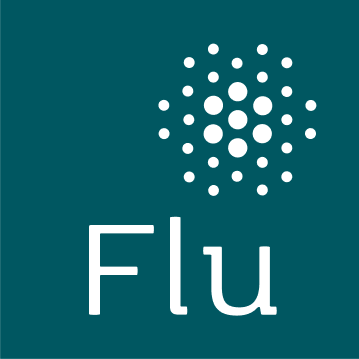Read tips to prevent seasonal influenza
The flu season comes and goes, but influenza is here to stay. Because flu season severity and people’s individual reactions to getting the flu are impossible to predict, prevention and treatment are vital. Being prepared against the flu—no matter what year it is—involves taking a three-pronged approach.
Get a flu vaccine every year
The Centers for Disease Control and Prevention (CDC) recommend that all eligible people aged 6 months and older get vaccinated against influenza on a yearly basis—preferably before the end of October. According to the CDC, getting an annual flu vaccine remains the first and most important step in avoiding influenza infection. Most people—including those who are over 65 years old or those who have certain chronic health conditions, among many others—can benefit from reduced risk of severe flu infection by getting vaccinated.
No matter which one of the different types of flu vaccine you get, the act of getting a flu vaccine can affect a range of people—even beyond you, the person who has gotten vaccinated.
Getting vaccinated for the flu can help you protect people who are at risk for flu and serious flu complications. Furthermore, influenza vaccinations lower the burden of flu on the healthcare system by reducing the number of flu illnesses, hospitalizations and deaths.







